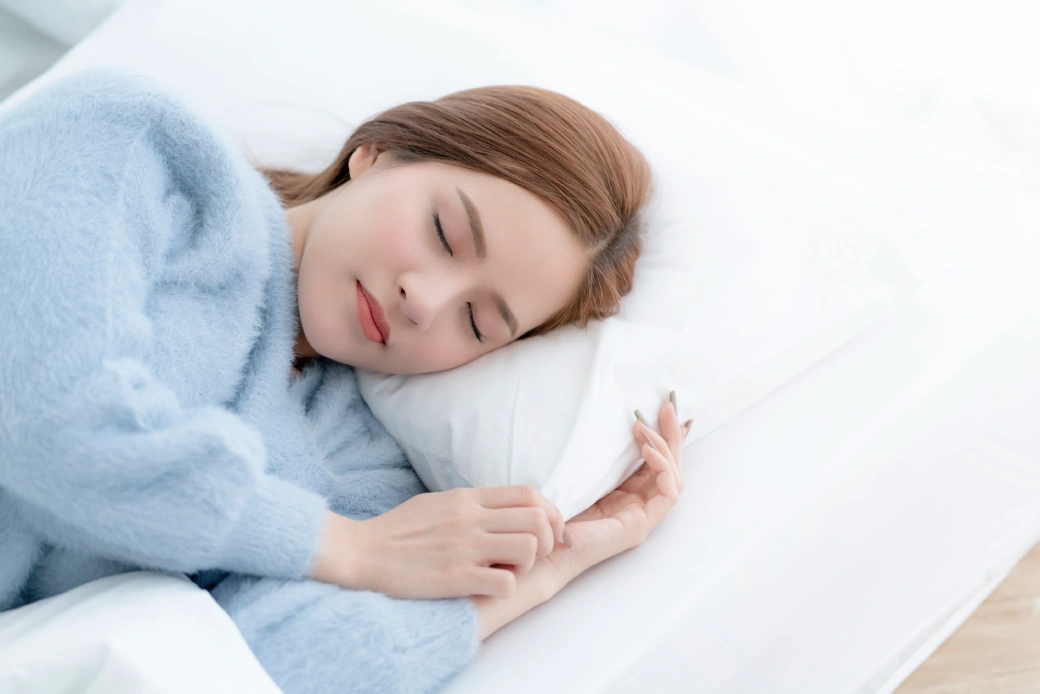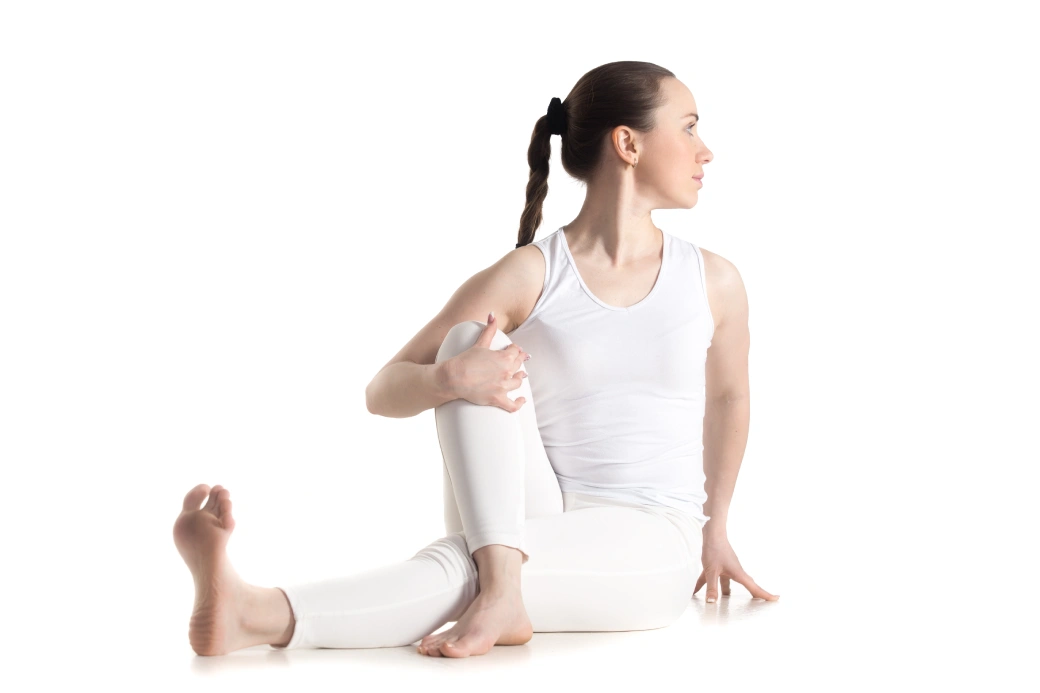Many people believe that the key to great sleep is simply getting enough hours—usually 6-8 hours. But the truth is, we might need to rethink that. It’s not just about how long you sleep; it’s about the quality of that sleep. Today, SliptoSleep presents three simple yet effective techniques to help you achieve better-quality sleep.
“Adjust a little” for a “better night’s sleep”


1. Reconnect with Nature
Your body’s sleep restoration doesn’t just happen while you’re asleep—it’s an ongoing process that occurs throughout the day and night. For thousands of years, the human body has adapted to natural cycles: day and night, changing seasons, temperature, and even sounds and smells. So, it’s important to spend time in nature to keep your body in sync. Try to find moments in your day to be near green spaces, like parks or gardens. Even a small desk plant can help! And if you can, watch the sunset at least once a week. Whether you’re in a busy city or surrounded by skyscrapers, take a few moments to gaze outside during the evening. Let your eyes soak in the natural light, and you’ll feel your body unwind.
2. Put down your phone
We’ve all heard it: the light from your phone messes with your body’s internal clock. And guess what? It’s true! The blue light from electronic devices tricks your brain into thinking it’s still daytime, making it harder to fall asleep. But it’s not just the light. Social media can cause stress, whether from comparing yourself to others or getting anxious over bad news. By cutting off phone time at least an hour before bed, you give your mind a chance to relax and unwind. Instead of doom-scrolling, take some time for yourself. You’ll be surprised how much better you’ll sleep without those late-night distractions


3. Slow down your body before bed
Avoid high-intensity workouts like running or lifting weights right before bed. These can release endorphins, keeping you awake longer. Instead, opt for light activities like yoga or simple stretching. Moving your body gently helps signal to your brain that it’s time to rest, making it easier to fall asleep.
Try and see how “small adjustments” can lead to your best sleep every night

